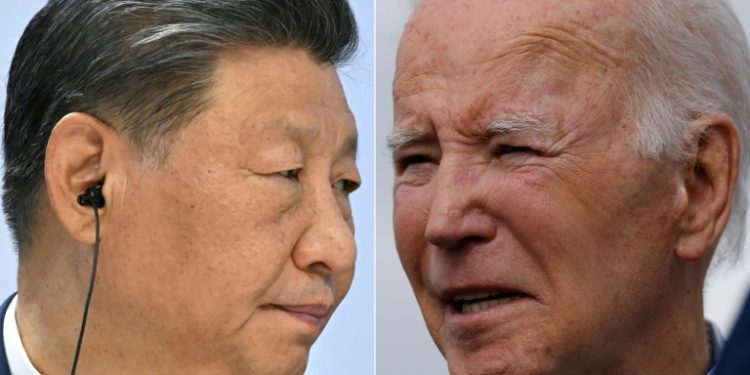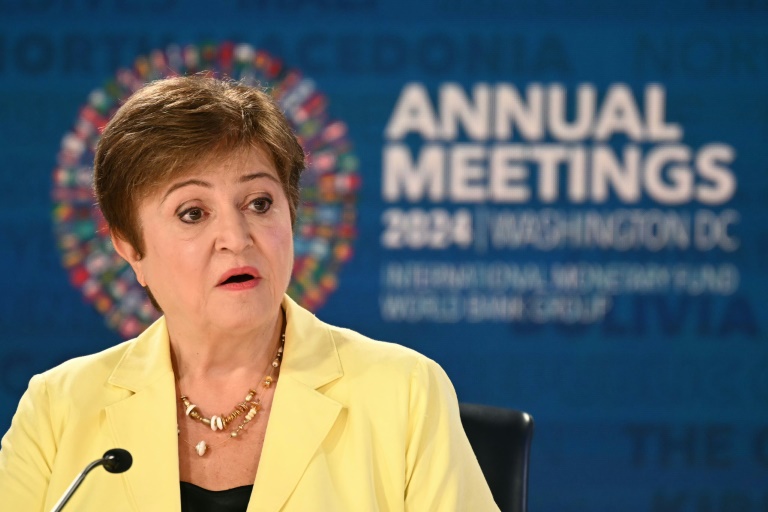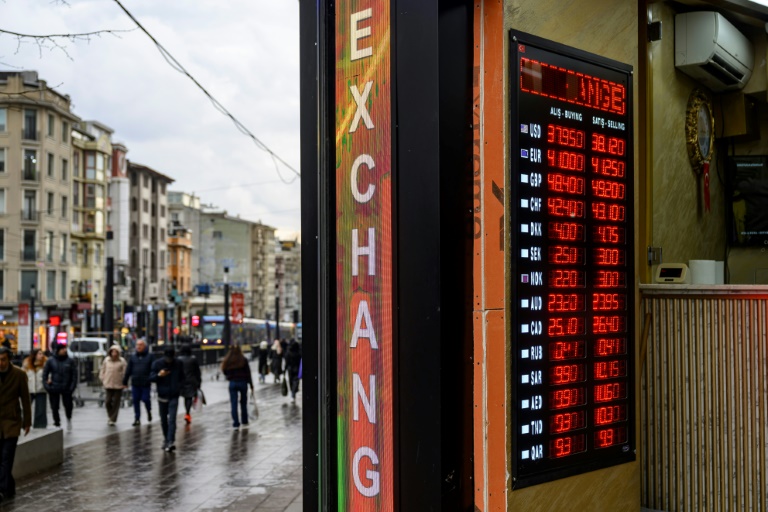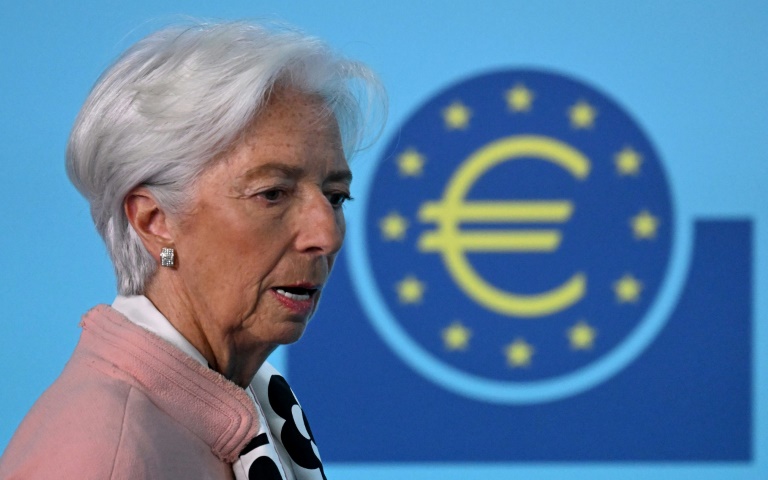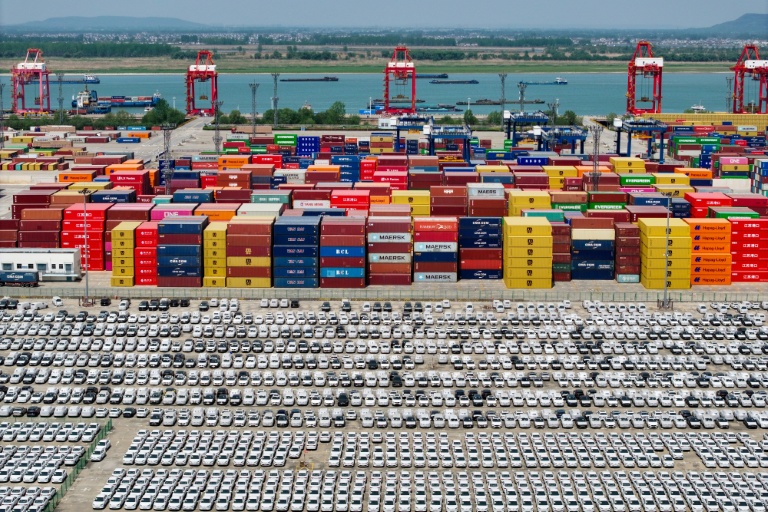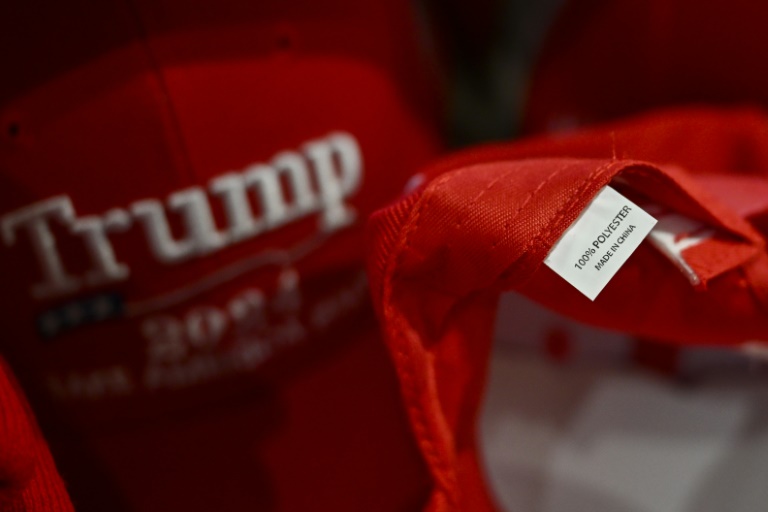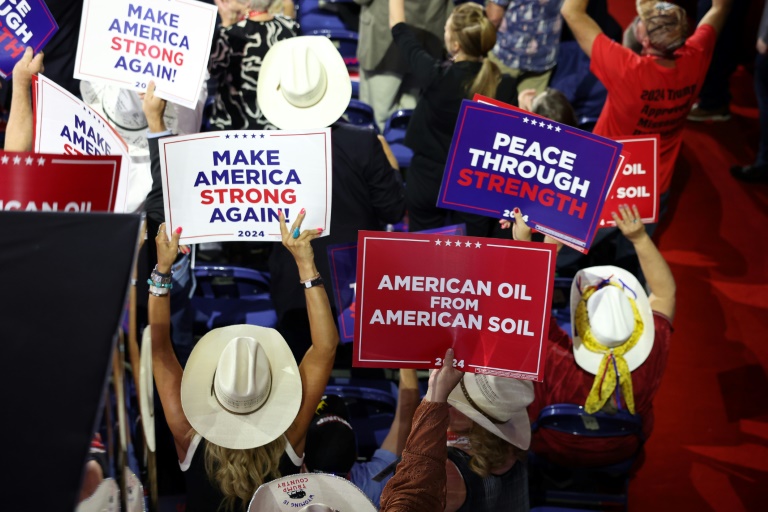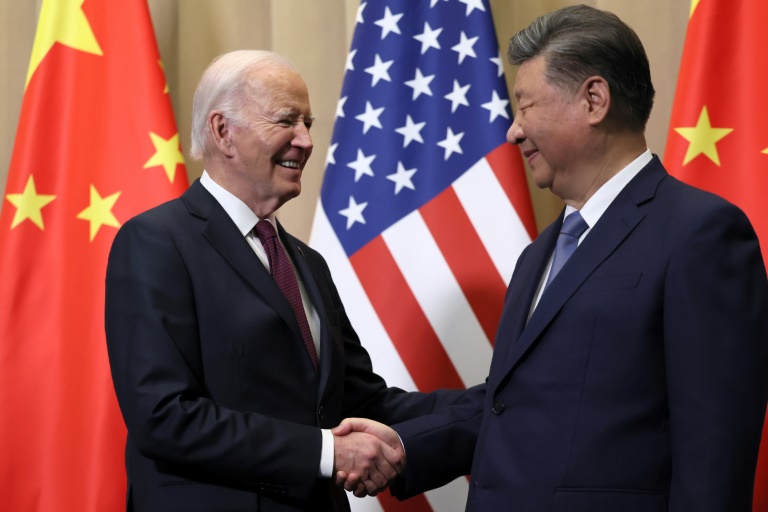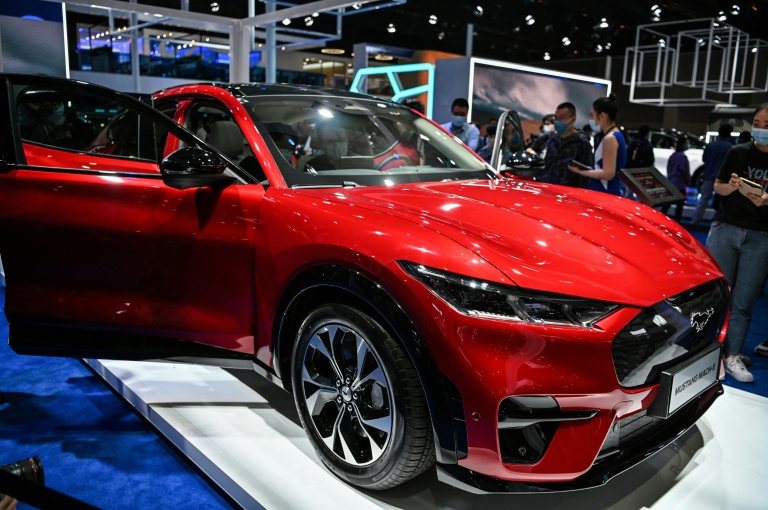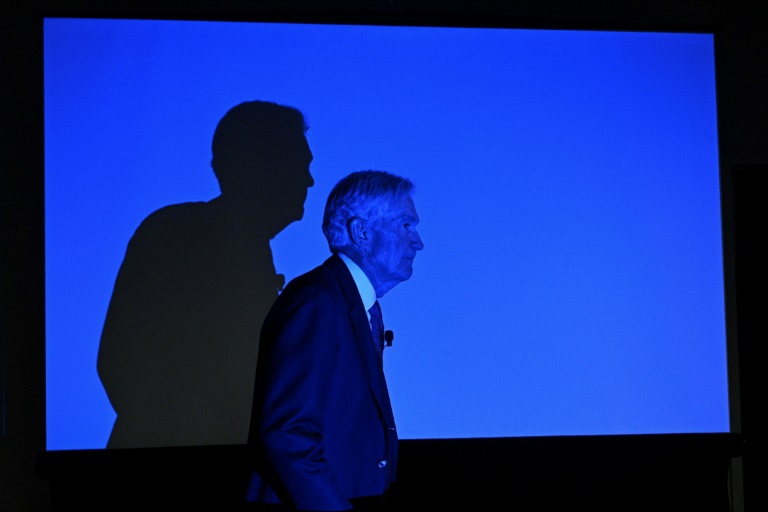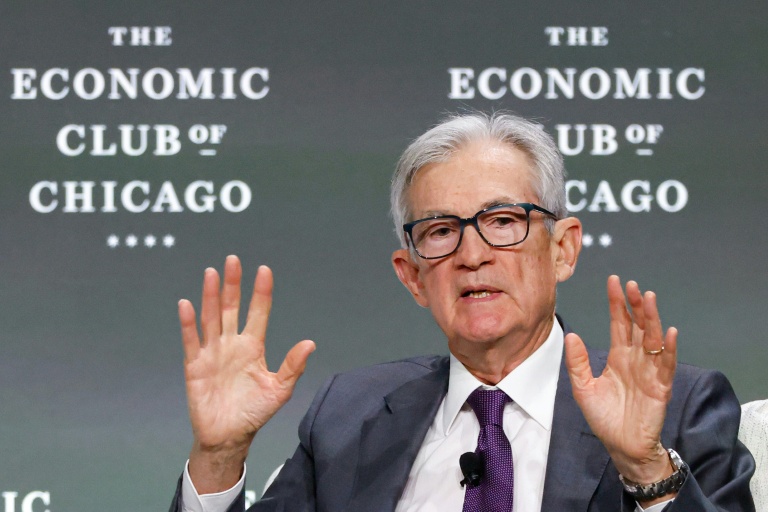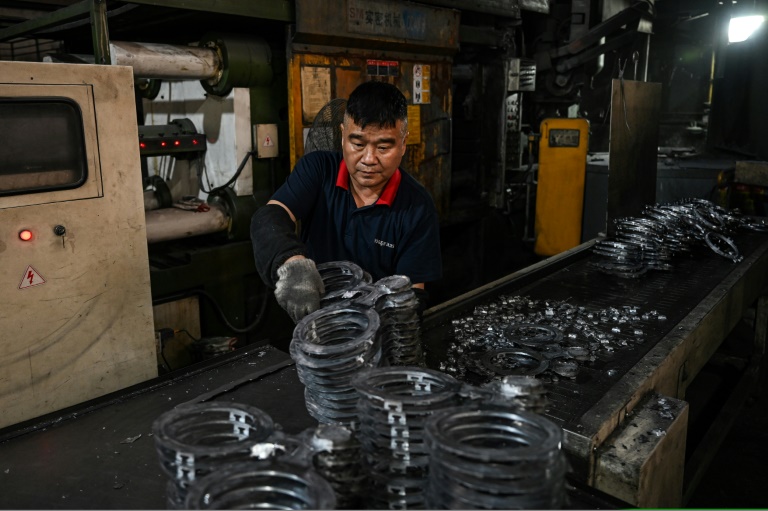Lima (AFP) – China is ready to work with the new US administration to ensure a “smooth transition” in bilateral ties, President Xi Jinping told counterpart Joe Biden Saturday as they met for the last time before Donald Trump returns to the White House. China will “strive for a smooth transition” in the quest for a “stable, healthy and sustainable” relationship with the United States, Xi said in translated comments as the men sat down for talks at a hotel in the Peruvian capital.
The sitting leaders of the world’s largest economies met after the conclusion of a two-day summit of the 21-member Asia-Pacific Economic Cooperation (APEC) grouping they had both attended. Their highly anticipated face-to-face came as Trump’s election win over Democrat Kamala Harris stirred fears of fresh trade wars and diplomatic upheaval, which dominated the Lima summit. The billionaire Republican’s comeback has also cast a cloud of uncertainty over efforts — launched at a historic meeting between Xi and Biden in California a year ago — to ease a tense relationship between Washington and Beijing.
The White House had said Saturday’s Xi-Biden bilateral would focus on a “delicate period of transition” and ensuring that competition with China “doesn’t veer into conflict.” Before their encounter, Biden and Xi had taken part in a closed-door “retreat” with other APEC leaders from countries including Canada, Chile, Singapore, Australia, Malaysia, and Japan. Russia was represented by a deputy prime minister. Xi also told Biden Saturday China was “ready to work with the new US administration to maintain communication, expand cooperation and manage differences.”
Xi and Biden, who met for the third time overall, have warned separately in recent days of choppy waters ahead in a time of global uncertainty. The Chinese president reiterated concerns earlier Saturday about mounting “protectionism” and urged APEC nations to “unite and cooperate.” Biden said Friday the world had “reached a moment of significant political change.” Trump has signaled a confrontational approach to Beijing, threatening tariffs of up to 60 percent on imports of Chinese goods to even out what he says is a trade imbalance. He has also named two major China hawks to his top team, including Marco Rubio as secretary of state.
As Biden raced to salvage what he can of his foreign policy legacy, he met Friday with the leaders of Japan and South Korea — key US allies in Asia. Biden said strong ties between the three countries were essential for “countering North Korea’s dangerous and destabilizing cooperation with Russia” as Pyongyang sends troops to fight in Ukraine.
The return of Trump’s “America First” policies threatens alliances Biden has built on issues ranging from the wars in Ukraine and the Middle East to climate change and trade. During his first term, Trump threatened to cut US defense commitments to Asian and European allies if they did not carry a larger share of the financial burden for their protection. Economists have warned Trump’s punitive tariffs would harm not only China’s economy but also that of the United States and its trading partners. It could also endanger geopolitical stability.
China is building up its military capacity while ramping up pressure on self-governed Taiwan, which it claims as part of its territory. US National Security Advisor Jake Sullivan said Xi and Biden would also discuss Taiwan and tensions in the South China Sea, where Beijing claims large swaths of maritime territory. Japanese Prime Minister Shigeru Ishiba had expressed “serious concerns over the Chinese military’s growing activity” in a meeting with Xi at the APEC summit, the foreign ministry in Tokyo said.
Worry over Trump’s next moves continue to cast a pall over the international diplomatic agenda at climate talks underway in Azerbaijan and for a G20 summit in Rio de Janeiro next week that Biden and Xi will also attend.
© 2024 AFP

